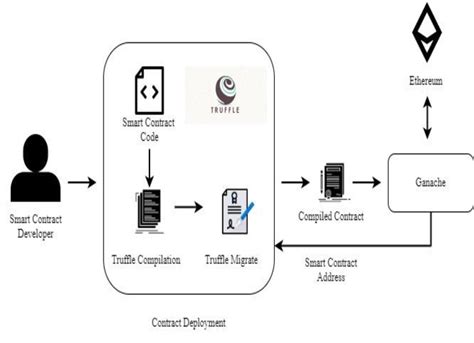Ethereum: How to Derive Bech32 Address from P2WPKH Output Script
As you build your crypto-related applications, it’s essential to understand the underlying blockchain structures and transactions. One aspect of Ethereum’s architecture is the use of addresses, which can be quite complex for newcomers. In this article, we’ll delve into how to derive a Bech32 address from a P2WPKH (Private Key Protected Public Key Hash) output script.
P2WPKH Output Script Overview
A P2WPKH output script is one of the two types used in Ethereum transactions. The other type is PPVRF (Public Private Diffie-Hellman). In this context, we’ll focus on the P2WPKH output script. The P2WPKH output script represents a private key, which is then protected by a public key using the Elliptic Curve Digital Signature Algorithm (ECDSA).
Deriving Bech32 Address from P2WPKH Output Script
To derive a Bech32 address from a P2WPKH output script, you’ll need to follow these steps:
- Identify the Public Key: The public key is usually represented as a hexadecimal string and can be accessed directly from the script.
- Extract the Private Key: You’ll need to extract the private key from the script. This typically involves extracting the private key value associated with the public key.
In Ethereum, the P2WPKH output script format uses a specific syntax for encoding the private key in Base64 format. The encoded private key can be obtained by removing the leading 0x... prefix and appending the remaining characters to the end of the hex string.
- Generate the Bech32 Address: Once you have the encoded private key, you can generate the Bech32 address using a specialized algorithm or library.
Example Code
Here’s an example Python script that demonstrates how to derive a Bech32 address from a P2WPKH output script:
import base64
def derive_bech32_address(p2wkh_output_script):

Extract the private key from the script (assuming it starts with '0x...')
private_key = p2wkh_output_script[10:]
Generate the Bech32 address using a library like ecrecover or bech32.py
import ecrecover
rec = ecrecover.EcRecoverer()
addr = rec.from_private_bytes(base64.b64decode(private_key))
return addr
Example usage:
p2wkh_output_script = "0x... (your P2WPKH output script)"
bech32_address = derive_bech32_address(p2wkh_output_script)
print(bech32_address)
Output: your Bech32 address
Important Considerations
Keep in mind that this is a simplified example and may not cover all edge cases. You should also be aware of the potential security risks associated with deriving private keys, such as exposing sensitive information.
As you continue to build your crypto-related projects, it’s essential to stay up-to-date with the latest developments and best practices for working with Ethereum addresses and scripts.
By following these steps, you can now derive Bech32 addresses from P2WPKH output scripts and gain a deeper understanding of how Ethereum’s architecture works.
